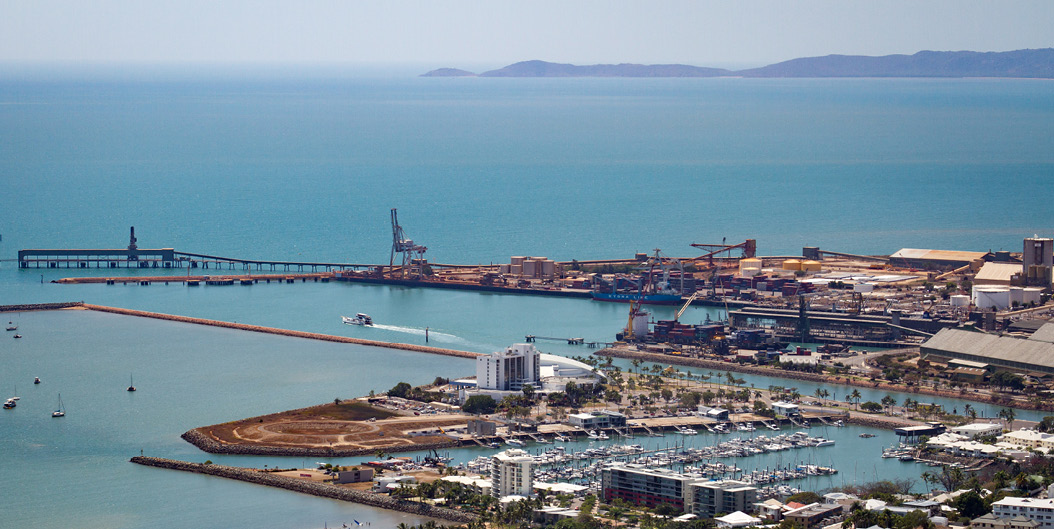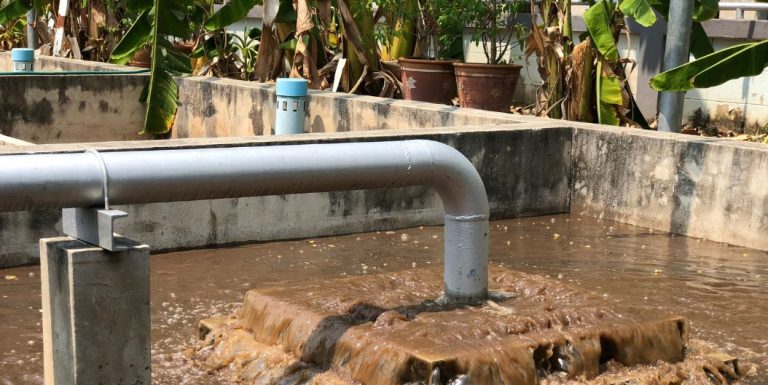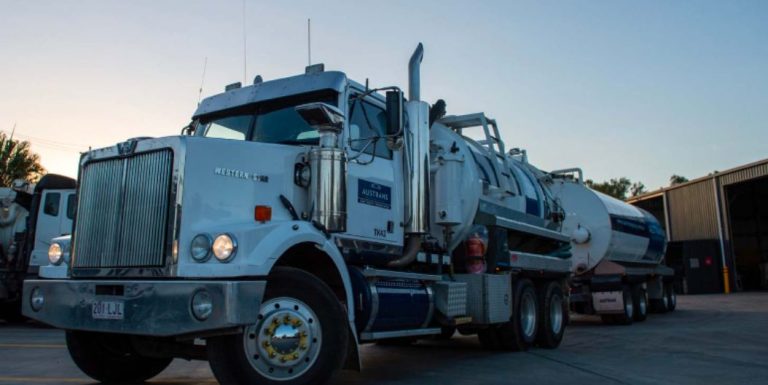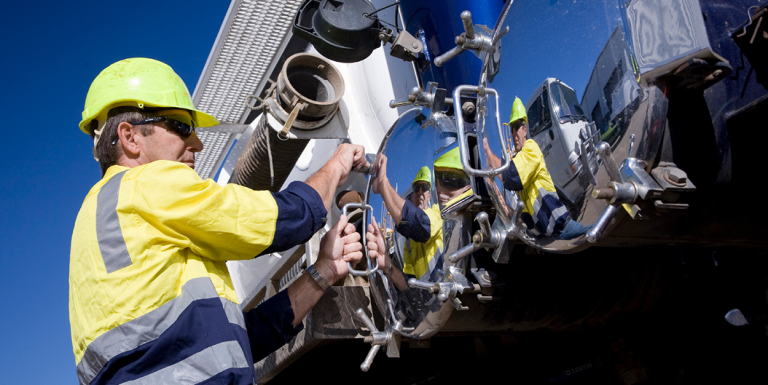How The Regional Growth Plans To Shape Townsville and North Queensland
Townsville Enterprise, in collaboration with various industries, has introduced the inaugural Regional Growth Plan for Townsville North Queensland, driven by the industry itself. This comprehensive five-year blueprint encompasses multiple sectors and industries, aiming to facilitate coordinated planning for investment, workforce, water, and housing, all strategically aligned.
The Regional Industry Growth Plan offers valuable economic analysis and forecasts for the region, encompassing indicators such as Gross Regional Product, population trends, and employment growth, both with and without the proposed investments. It serves as a dynamic document, subject to quarterly reviews by the Economic Development Committee of Townsville Enterprise, ensuring its relevance and adaptability over time.
About the plan
The plan was created with the participation of local industries, under the guidance of Townsville Enterprise (TEL). TEL organised discussions with different industry groups to connect government plans with the factors that drive economic growth in North Queensland. They also consulted with organisations like MITEZ, Regional Development Australia, Townsville Chamber of Commerce, and NQROC. This plan focuses on understanding the region’s advantages, exploring future possibilities, and identifying what infrastructure, policies, and investments are needed to unlock economic opportunities in the Townsville North Queensland area.
Key macro-economic influences impacting the region:
- Developing Northern Australia: The region benefits from initiatives focused on developing Northern Australia, which include growth in regional tourism, technology change, innovation, and workforce development.
- Global Net Zero: Australia’s commitment to a Net Zero emissions target by 2050 offers opportunities for North Queensland to become a green energy powerhouse, leveraging its strengths and proposed developments.
- Defence and Regional Security: Positioned as Australia’s natural gateway for engagement, deployment, training, and possible military operations in the Southwest Pacific, North Queensland plays a crucial role in defence and regional security.
- Growth in Regional Tourism: As a prominent business hub and access point to attractions like the Great Barrier Reef and Wet Tropics Rainforest, the region has significant potential for expanding its tourism offerings.
- Technology Change and Innovation 2032: Ongoing innovation in key sectors such as Defence, agriculture, mining, and marine industries facilitates increased productivity and job creation through automation, drones, sensors, and robotics.
- Queensland Olympics: Hosting the 2032 Summer Olympic and Paralympic Games brings substantial investments in sports venues and infrastructure across Queensland.
- Workforce: To meet growing labour demand, the region must retain and attract residents. It offers proximity to leading health and university campuses, training providers, and opportunities for upskilling the existing workforce. The region also faces the challenge of an aging population, which is expected to double by 2036.
As part of the Strategic Regional Industry Growth Plan, AEC has provided economic projections on key aspects:
- Gross Regional Product: AEC developed two forecasts: 1. Status quo, assuming historical growth rates in population and productivity. 2. Successful future, assuming catalytic infrastructure investments driving additional economic activity.
- Labour Force: Addressing skill shortages and domestic labour force losses is crucial. Over the next decade, the region will need 47,824 additional workers, with only 23% expected from natural population growth and the remaining 36,651 from migration.
- Population: By 2040, North Queensland is projected to have a population of 442,330 due to employment growth. Meeting this target requires substantial investment in residential construction, including housing developments, high-rise apartments in Townsville CBD, and the revitalisation of regional towns. Improved regional transport infrastructure is also necessary to address public transport gaps and enhance reliability.
Austrans is excited to now be operating from Townsville. Established in 1999, the Austrans Group is proudly Australian owned and operated, and is now recognised as an industry leader in hazardous waste management, industrial services, project management across Queensland.
From public infrastructure to assisting in massive environmental rehabilitation and providing complete disaster recovery support, Austrans have done it all, and have the expertise to get the job done.
At every stage of business we have made our passion for sustainability a key focus. If you want to collaborate with a team that values the importance of sustainability and deeply cares about the environment and community, get in touch with us today and we can work towards building a rewarding partnership.







